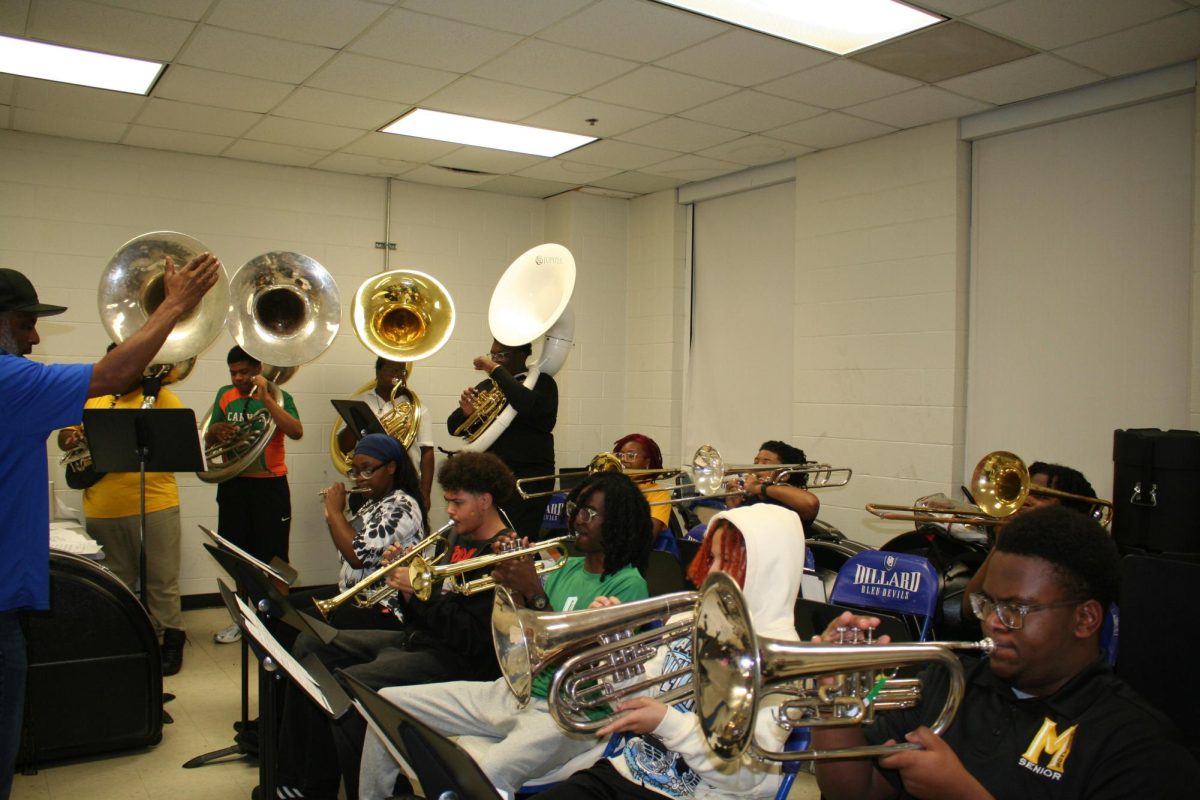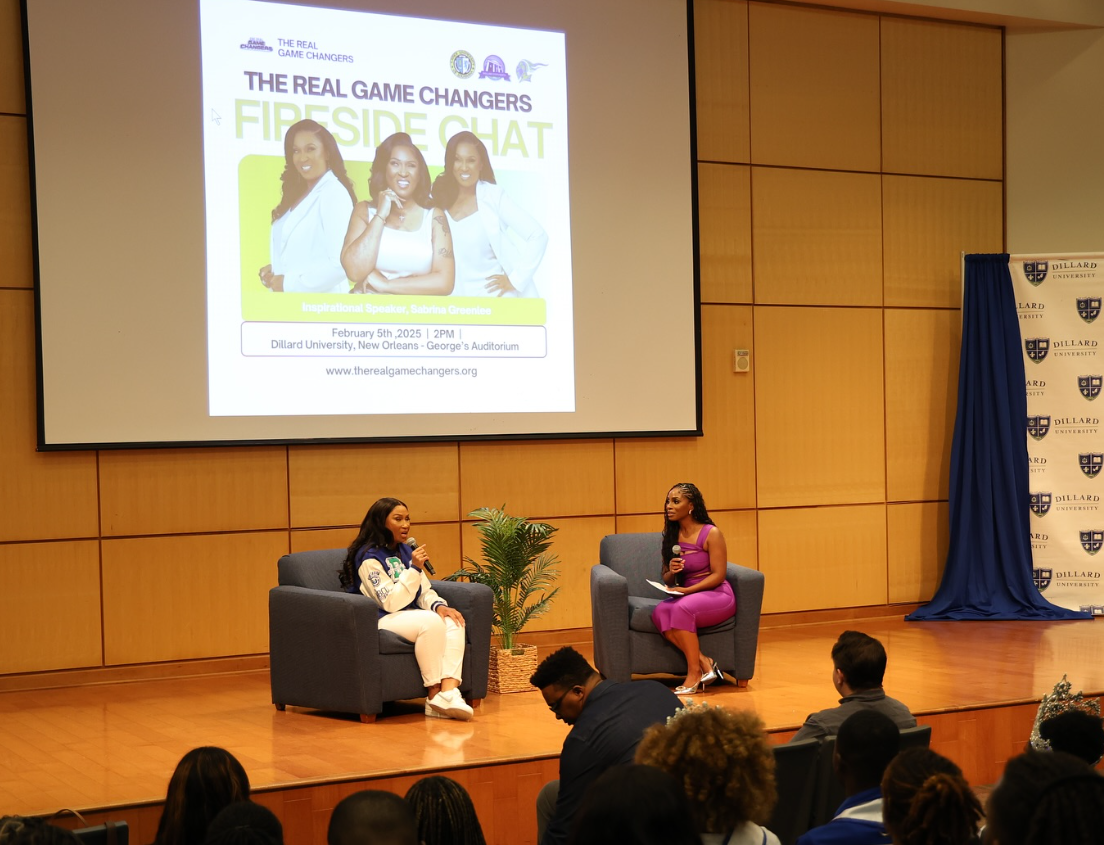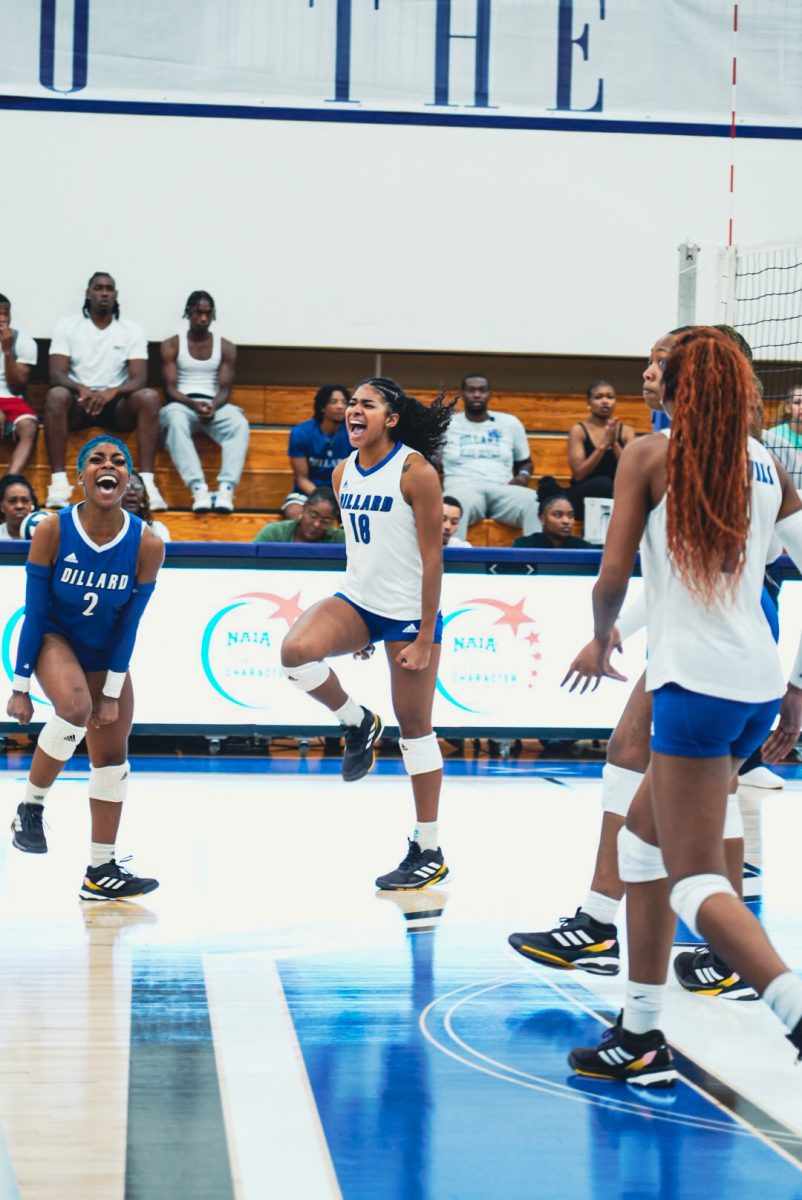Out of all my years at this United Methodist sponsored University, a Christian school, I found myself for the first time inside a Methodist church. Like many of my mornings I woke up, showered, and foggily made my way to my closet.
“What does one wear to church?” I yanked out all my business attire and stared at the sprawled sea of colored fabrics on my bed. The truth of the matter is that I really don’t know what to wear to church. I have always heard horror stories about the “crash and burn of a reputation” due to a not quite right Sunday outfit, with the skirt falling above the knee when you sit.
I finally chose a pair of gray slacks and a blouse which my grandmother gave me. I began thinking to myself, “what ever happened to come as you are?” That is what I was told. Does God not see me as one of the beings created out of His own manifestation of love? I could not see the creator of all consciousness casting me aside because of the garments I wear.
As I made my way down the crooked concrete steps of my porch, my mind wandered; “What will they think when I walk in, and what will they think of my garment?” Do my friends remember that I am not a Christian, and never have been?
My father was Catholic from birth and spent most of his young life in a Catholic school under the educational care of nuns in Los Angeles. Through his years of religious study he began to experience a feeling of emptiness in his faith. My father -a man always seeking truth, even if truth is in disagreement with his wants- set out on a quest for knowledge.
Years later he pursued his undergraduate degree in West African studies. Within those vast pages of philosophical doctrine, my father’s emptiness was filled. He found the truth he longed for in the religion of Ifa from the Yoruba people of Nigeria, my mother is of the same faith.
So many are afraid to venture outside their realities for fear that what they think they know may be challenged. I admire both of my parents for their courage in opposition to their faith and love.
Unfortunately, before they attained their degrees, I was born and their pursuit of higher education was halted. For one of them it was never rekindled again. My siblings and I were reared in a home with one of the largest Ifa and Yoruba studies libraries in the country.
Now I can hear the minister begin. As I ascend the steps, the stone slabs clack loudly under my feet. The choir is raised in a crescendo of prayer as I make it up to the white glass doors, I stop. I peer in at all the faces so entranced in worship, I stood in awe. I ask myself “why did I come to church?”
Did I, for one moment, not want to feel like an outcast to mainstream black America? I remembered being very young and wanting to sing in the children’s gospel choir at my grandmother’s church. It was during her short crusade to convert her grandchildren from this “cult” she could not and would not try to understand. The church’s response to me after learning of my ‘demonization’ was “We don’t accept heathens.”
I never told my grandmother what was said to me, and to this day those words still hurt as much as they did when I arrived home to my mother’s arms in tears. A familiar action repeated in elementary school when children were told that non- Christians are evil. So taunts, teases, and rocks met my sister and me on regular occasions walking home from school.
As I watched the service from a distance, I felt that my issues with the African-American churches had to be shared by others. Heathen! Sinner! Cult member! Satan! Voodoo witch! Demon! Sadly, my negative experiences compelled me to leave that sacred ground even more scared than before.
Turning back to the path toward home, sadness filled me much like a toilet, clogging my throat and promoting a somewhat nauseating feeling. Could God see me and understand my pain for being different? I went back to my room and stripped out of the fabric sea so meticulously pressed that morning. I then resumed a sleep that often reoccurs when I’m sad.
As I lay beneath the sheets I prayed to God, not my God, but God, and asked for the strength to recognize my difference as a blessing. For a religion whose doctrine states “Judge not, lest ye be judged,” it seems so sad that those who sit in a house of the Lord find themselves not in sin.




























